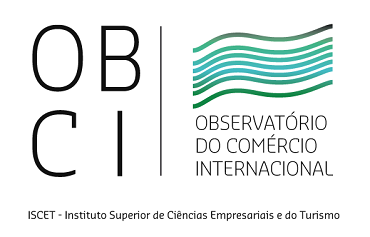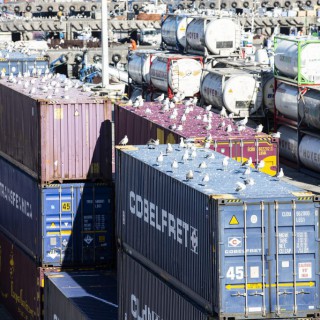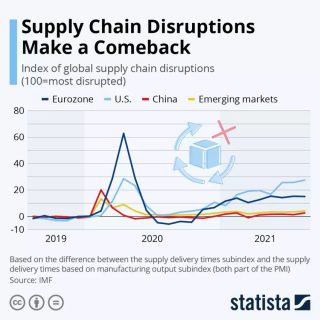por NORBERTO BESSA
The logistic sector is assuming an increasing importance in the role of the Portuguese economy and the Portuguese government is demanding new laws focused in the development of the older logistic platforms and constructing new infrastructures to support this sector. The development of third party logistics – TPL, and the sector that assures the services in the supply chain management has been studied in literature by different authors. Such studies focused essentially developed countries (e.g., U.S.A., Australia, Germany, France, Finland, Sweden) or the said emergent economies (e.g., India, China, South Korea, Malaysia, Singapore), so there is the need for future studies in other countries of intermediate development of the European continent to verify if the conclusions observed in the developed regions and in the emergent regions are the same in countries of intermediate development, with less dimension and less sophisticated structure of logistic support.
The aim of this paper is to analyze the state of the logistics outsourcing in Portugal. We also will try to figure out the drivers that make the companies outsource their logistics activity and we will try to characterize the type of contract made, the obstacles founded in the process of outsourcing and the main impacts that the companies report when they outsource. To carry out these findings, we will use in the quantitative analyses a survey addressed to companies of different kind of activity sectors that belong to the manufacturing industry.
The rest of this paper is organized as follows: in the section 1, we review the relevant segments of literature and present our research framework. In the section 2, we map the proposed research methodology, followed by data analysis. Finally, the paper concludes with a discussion on future implications. […].
Ler artigo completo na revista Percursos & Ideias.





